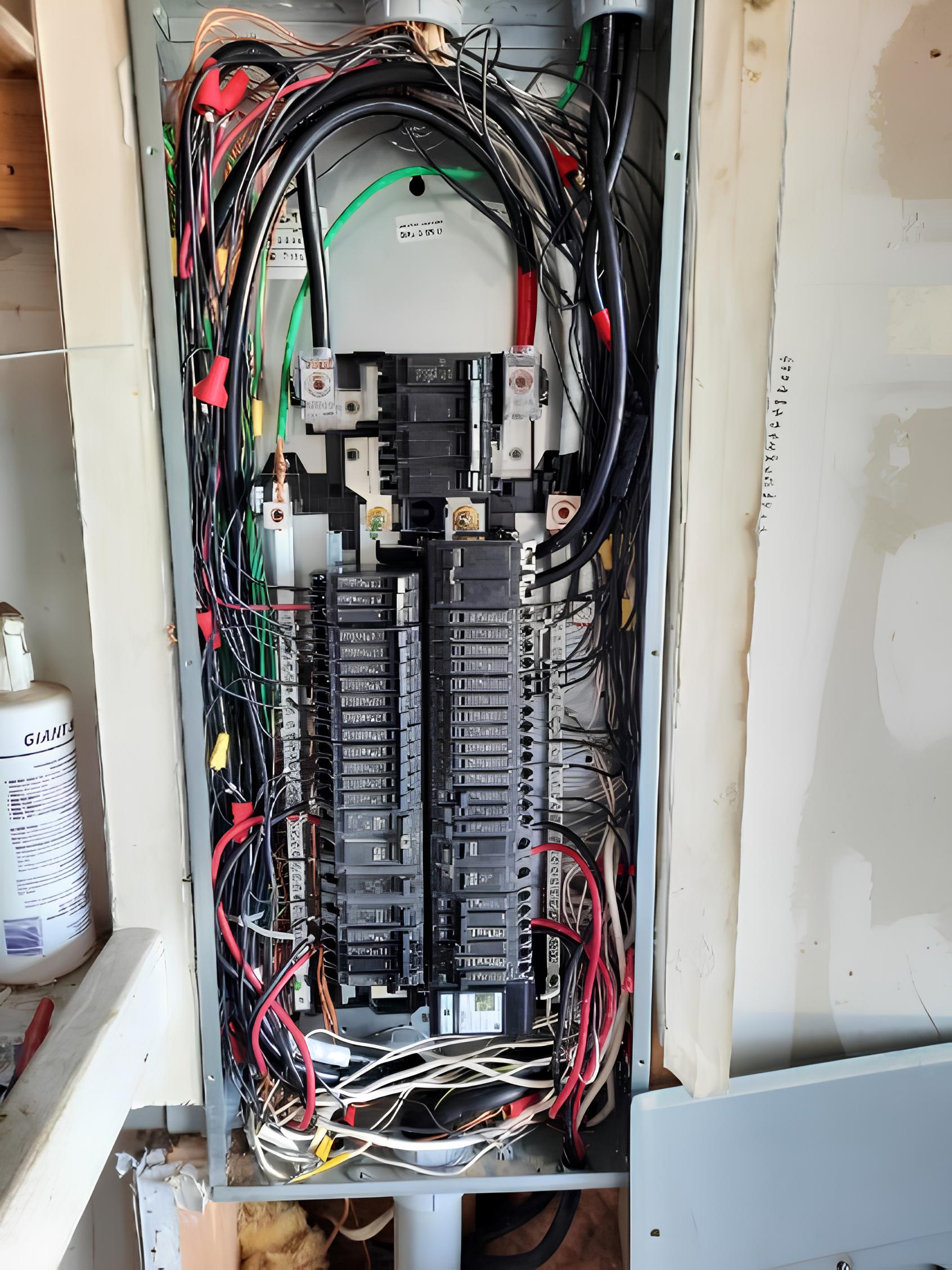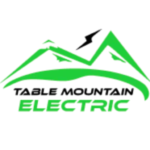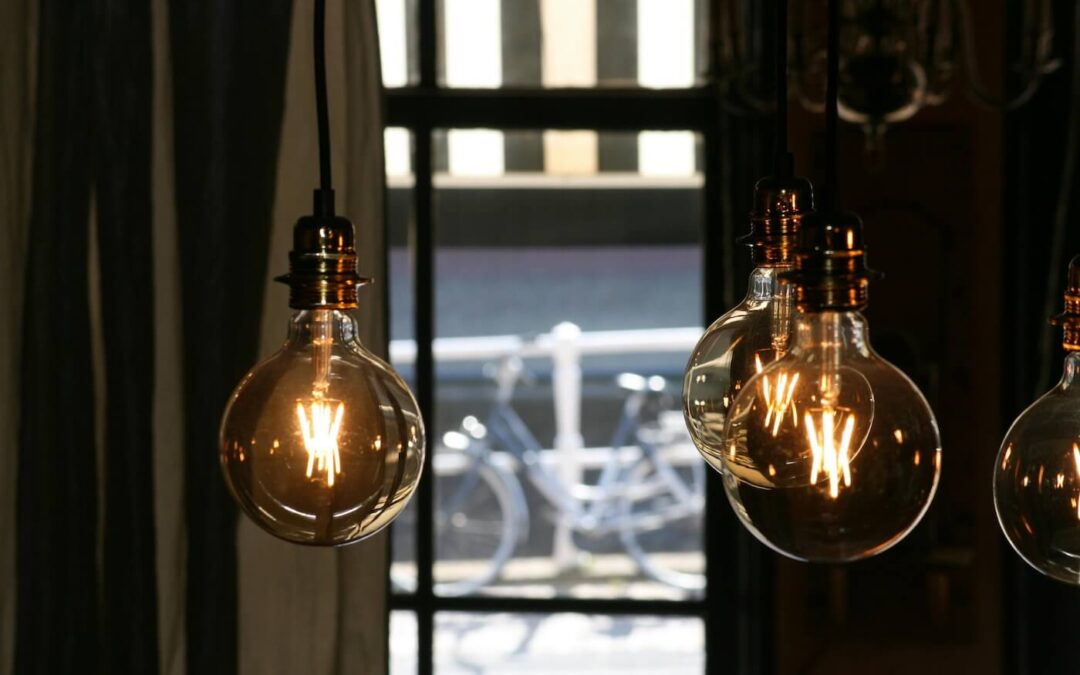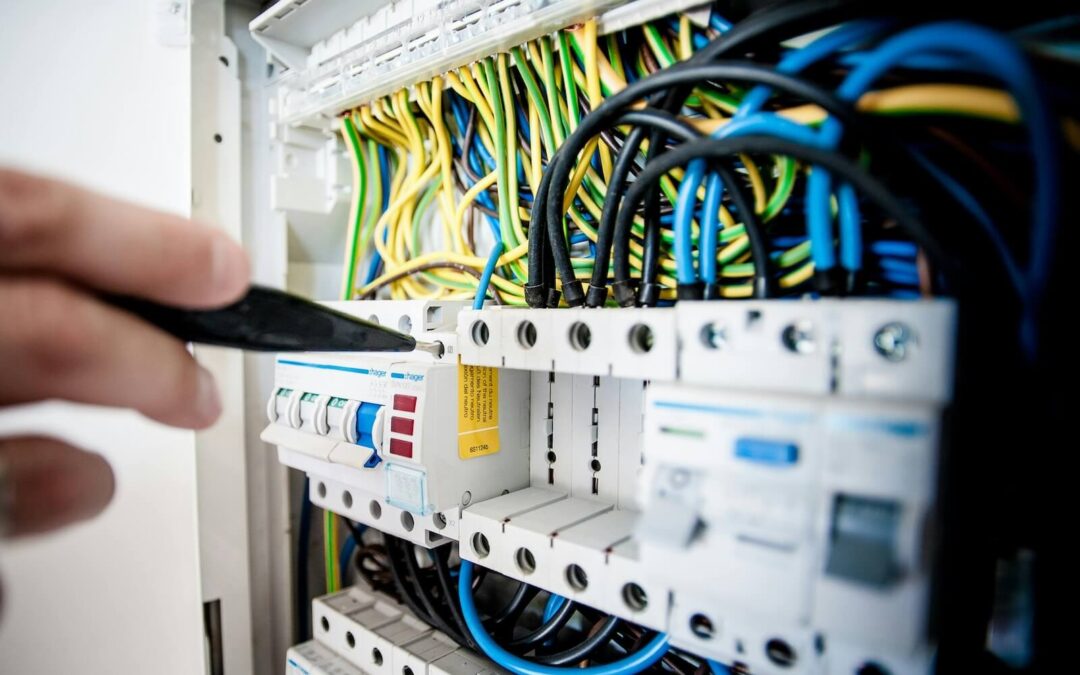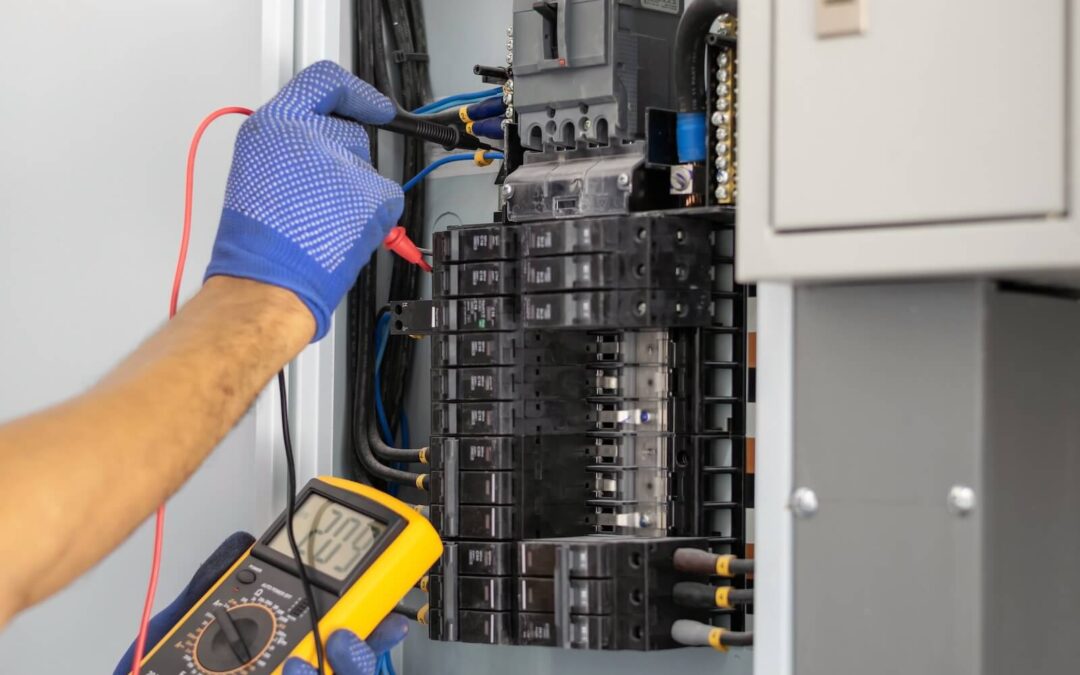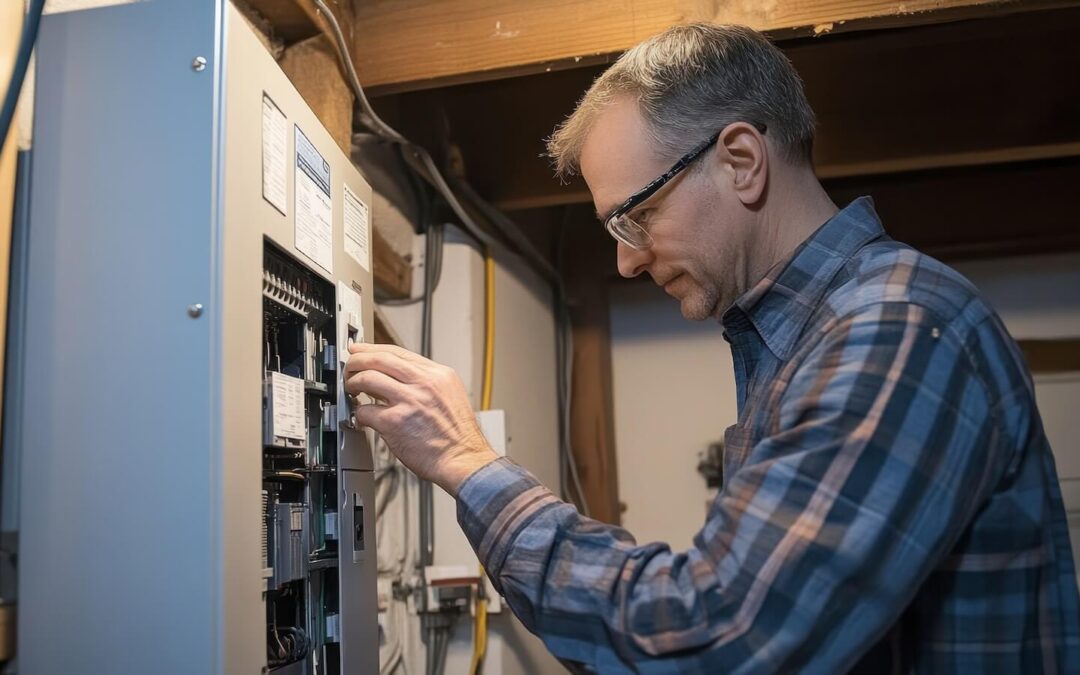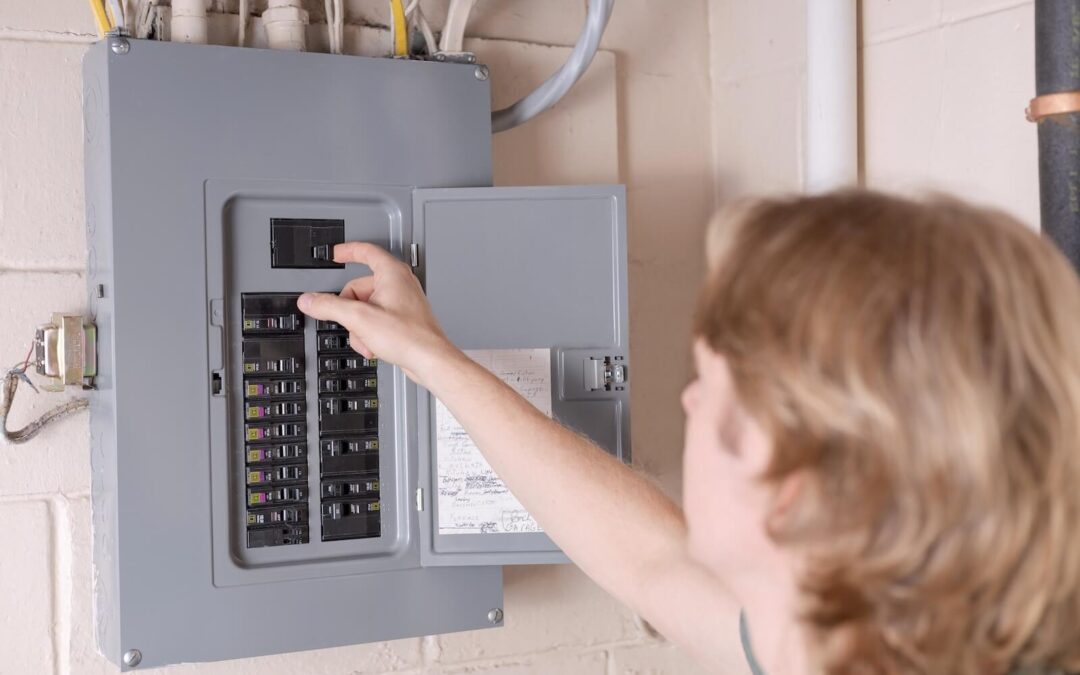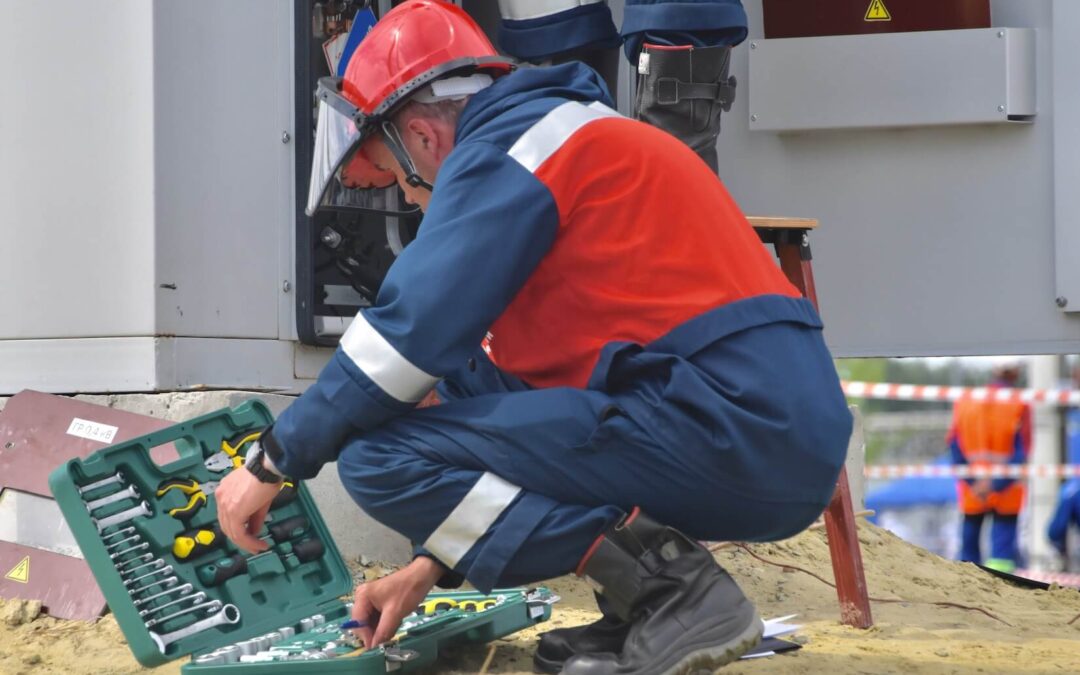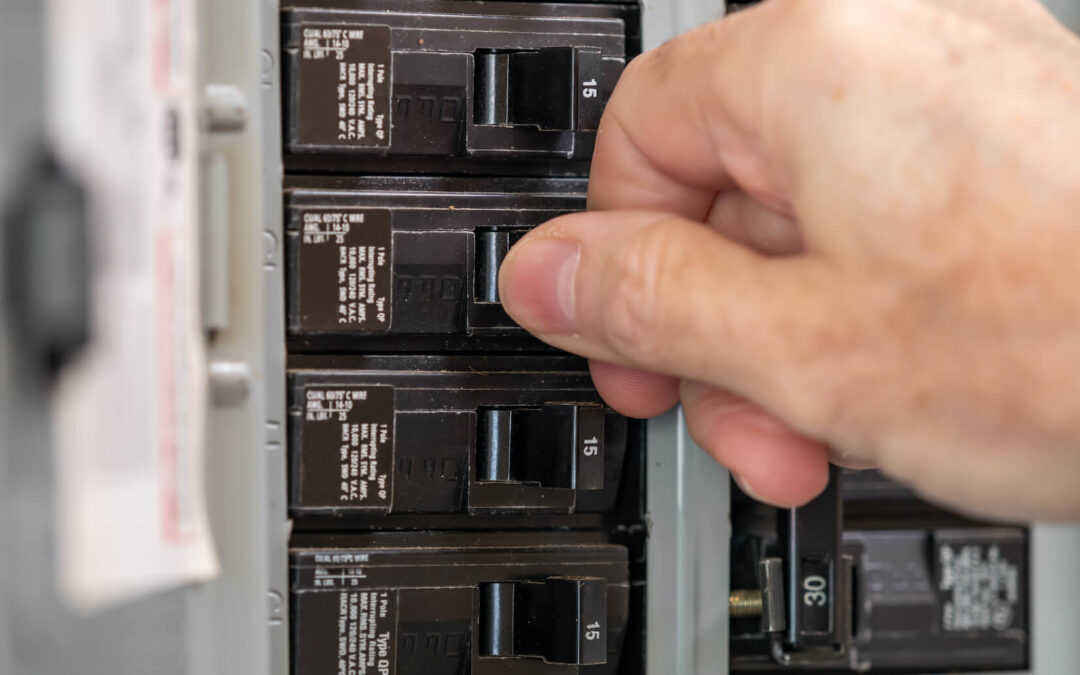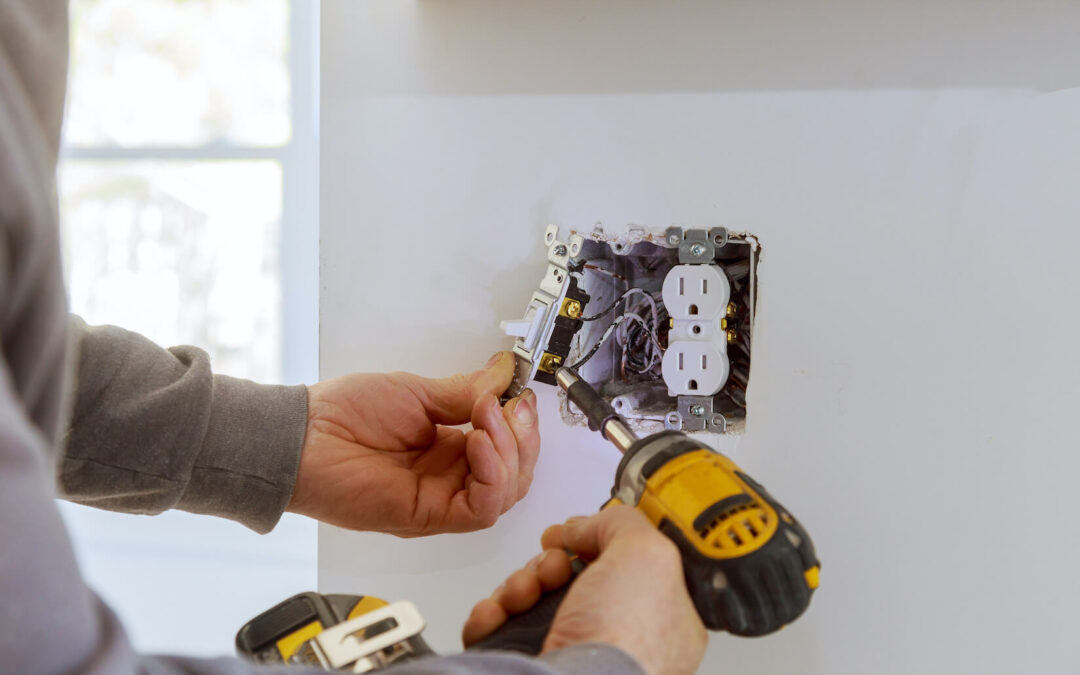When it comes to home improvement and repairs, the modern homeowner often takes a DIY approach. However, certain projects, like replacing an electrical panel, sit squarely on the border between a savvy DIY challenge and a task better left to professionals. Before you decide to undertake such a project to save money, it’s crucial to understand the risks, legal requirements, and technical know-how required.
Understanding the Electrical Panel
The electrical panel, often known as the breaker box, is a critical component of your home’s electrical system. It serves as the main distribution point for electrical circuits in your house and provides a safety mechanism to shut off power in case of overloads or faults.
Components of an Electrical Panel:
- Main Breaker: This switch controls the power supply to the entire panel and, consequently, to your home.
- Circuit Breakers: Each circuit in your home, like those for the kitchen, bedroom, etc., has a corresponding breaker that can trip to prevent overloading.
- Bus Bars: These conduct electricity within the electrical panel, distributing it to each circuit.
- Neutral and Ground Bars: These bars provide a return path for unused electricity and a safe route for excess electricity, respectively.
Types of Electrical Panels:
- Standard Electrical Panels: Typically found in most homes, they house circuit breakers and protect against overloads.
- Subpanels: These are smaller electrical panels that branch off from the main panel to supply power to specific areas, like a garage or workshop.
- Fuse Boxes: Older homes may have fuse boxes instead of breaker panels. Fuses, unlike breakers, need replacement after they blow.
When to Consider Replacing Your Current Electrical Panel:
- Age: Old electrical panels over 25 years old may not meet current safety standards or the national electric code.
- Insufficient Capacity: If your panel is frequently tripping or you’re adding significant new appliances to your home’s electrical system (like an EV charger), it might be undersized.
- Physical Damage: Your system is showing signs of rust, burn marks, or physical damage. This is a warning sign and a source of major electrical hazards.
Legal and Safety Considerations
The legal and safety aspects of replacing an electrical panel are paramount. This isn’t just about following rules; it’s about ensuring the safety of your home and its occupants. In fact, in 2021, the U.S. experienced 24,200 residential building electrical malfunction fires, resulting in 295 deaths, 900 injuries, and $1.2 billion in dollar loss. This highlights the need for electrical safety, not only for saving human lives but for preserving your home as well. These high losses have also contributed to a number of regulations and requirements, which must also be taken into consideration when planning to replace an electrical panel yourself.
Permit and Inspection Requirements for Electrical Work:
- Permits: Most local governments require a permit for major electrical work. This ensures the work is inspected and meets all safety standards.
- Inspections: After the work is completed, a certified inspector typically must check the installation before the system is powered back on.
Insurance Considerations of Electrical Panel Upgrades:
- Homeowner’s Insurance: Unauthorized electrical work can void your homeowner’s insurance. In the event of a fire or accident related to the electrical system, insurance might not cover damages if the work was not professionally done and inspected.
- Liability: If your DIY electrical work causes damage or injury, you could be held liable.
Safety Training and Equipment to Handle Electrical Issues:
- Professional Training: Electricians undergo extensive training and apprenticeships to understand the complexities and dangers of electrical work.
- Personal Protective Equipment (PPE): Safety gear such as insulated gloves, goggles, and proper tools is essential for such work.
Legal Liability and Code Compliance of Electric Panel Replacement:
- Non-Compliance Risks: Non-compliance with codes can lead to fines and legal issues, especially if unpermitted work leads to property damage or personal injury.
- Resale Implications: Code-compliant work is also critical when selling your home. Non-compliant work can hinder the sales process or lead to post-sale legal issues.
Dangers of DIY Electrical Panel Replacement:
- Electrocution Hazard: Working with electrical systems carries a high risk of shock or electrocution. Professional electricians are trained to handle these high-voltage dangers.
- Fire Hazards: Incorrect installation can lead to electrical fires. A common mistake by DIYers is improperly connecting wires or overloading circuits, which can lead to serious consequences.
- Code Violations: If the installation isn’t up to code, it may cause issues when selling your home or filing insurance claims.
Assessing Your Electrical Knowledge and Tools
If you’re still considering replacing the electrical panel as a homeowner, critically assess your electrical knowledge and experience. You’ll need a solid understanding of home wiring, circuitry, and safety protocols. Additionally, specialized tools, such as voltage testers, wire strippers, and circuit finders, are essential.
Step-by-Step Overview of Panel Replacement
- Obtaining Permits: Check with your local building authority for necessary permits and inspections. DIY electrical panel work can be legal, but only if all permit requirements are satisfied and all code requirements are maintained.
- Power Shutdown: This task requires shutting off power to your entire home, which can be done at the meter by the utility company.
- Removing the Old Panel: Carefully disconnect and remove the old panel, ensuring all wires are safely managed.
- Installing the New Panel: Mount the new electrical panel, ensuring it’s properly aligned and secure.
- Wiring the New Panel: Reconnect circuits to the new panel, adhering to electrical codes and ensuring connections are secure.
- Testing and Inspection: Once installed, the panel and all circuits must be tested. A licensed professional or a building inspector is often required to inspect them.
When to Call a Professional for Your Electrical System
Consider hiring a professional electrician if:
- You’re not confident in your electrical skills.
- The project involves complex wiring or a major upgrade.
- Local codes mandate professional installation.
Cost Comparison of Electrical Panel Replacement DIY vs. Professional Installation
While DIY panel updates might seem cost-effective, consider the hidden costs:
- Tools and Equipment: Specialized tools can be expensive.
- Time and Effort: It’s a time-consuming task, often stretching over several days.
- Safety and Insurance: Mistakes can be costly, both in terms of safety and future insurance claims.
Comparatively, hiring a professional ensures safety and code compliance and might be more economical when factoring in time, tools, and potential risks.
Get Your Panel Replaced by a Trusted Professional
Replacing an electrical panel is not a typical DIY project. It requires a high level of expertise, adherence to safety standards, and, often, a legal mandate to hire a professional. While the DIY route is technically possible, it’s crucial to weigh the high-risk job, costs, and legal requirements carefully. When in doubt, consulting with a licensed electrician is always the best choice.
Looking for a trusted expert in electrical panel upgrades and replacements in the Denver Metro Area? Table Mountain Electric is your answer. Our licensed and insured electricians specialize in panel upgrades with a price match guarantee, ensuring top-notch service that meets the highest standards of safety and compliance. Whether it’s for residential or commercial needs, our services also include hot tub wiring, electrical wiring and repair, EV charging station installation, and more. Don’t compromise on quality and safety; contact Table Mountain Electric today for reliable and efficient electrical solutions.



